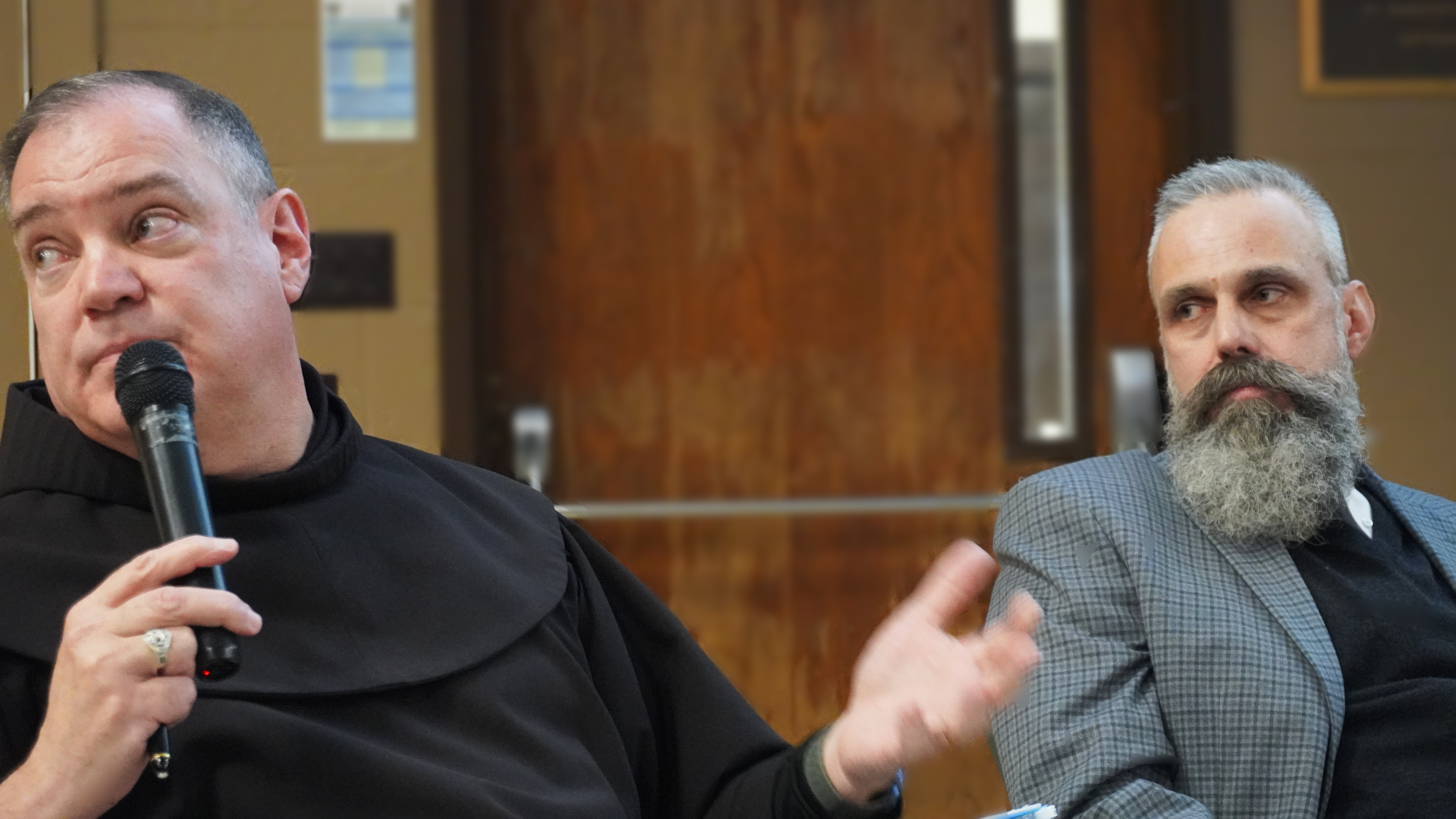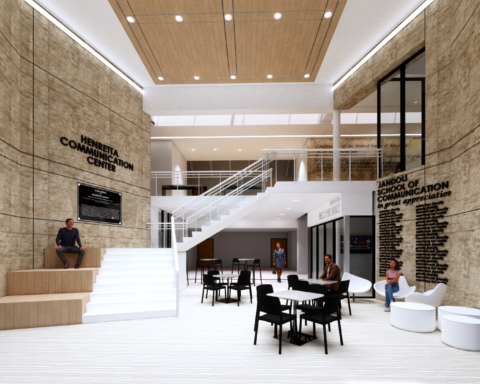By Julia Mericle
News Editor
On Oct. 4, a student reported the second alleged sexual assault on campus this academic year. In response to this incident, Sister Margaret Carney, O.S.F., university president, said there might need to be a larger campus discussion about sexuality.
“By a larger campus conversation I mean that we do not have many opportunities for frank exchanges about sexual activity among college students, and the dangers involved with risky behaviors that are often a part of the ‘hook-up culture,’” Sister Margaret said.
Richard Trietley, vice president for student affairs, agreed that today’s culture views sexuality differently than previous generations. Trietley said this is not a place to put the blame.
“Let’s face it. There is no excuse for sexual violence,” Trietley said. “So, just because a student is liberal from a sexual perspective and engages in the ‘hook-up culture’ does not mean they deserve to get raped.”
However, according to Trietley, students should be aware of the risks of ‘hook-up culture’ and the bad positions it tends to put them in.
“We have to get back to talking about sexuality from a moral perspective and not just accept the fact that the ‘hook-up culture’ is okay,” Trietley said.
Sister Margaret agreed.
“Are there trusted mentors and guides among us for students to relate to when dealing with the anxieties, pressures, and heartaches — as well as the joys and discoveries — of moving forward into close relationships that lead to intimacy?” Sister Margaret said.
Trietley said this conversation might come from some core curriculum revisions that are underway. Courses that teach topics such as ethics or tradition and heritage could incorporate discussions on sexuality, according to Trietley.
“I wonder how many students feel that they actually have a secure personal philosophy or belief about what they want to do or not do relative to sexual relationships prior to marriage or finding a life partner,” Sister Margaret questioned.
Federal and state laws, including Title IX, require universities to comply with established policies and procedures when a case of sexual violence is reported.
“Our first and foremost course of action is always to make sure that the complainant or the alleged victim is safe, is receiving the services that he or she needs, that they understand their rights and that we are making any accommodations we need to make in order for that student to continue to be a student,” Trietley said.
These accommodations could include no-contact orders between the complainant and the respondent or moving a student to a new residence hall, according to Trietley. Once these immediate matters have been taken care of, a formal investigation begins.
Trietley said all of the protocol was followed in the case of the recent report of alleged sexual violence on campus.
The problem is nationwide, Trietley said. One in five women are sexually assaulted, and one in ten men are sexually assaulted in the U.S. each year.
To prev ent further sexual violence on campus, Trietley said the university is required to train all new students (freshman and transfer students), Division 1 and club sport athletes and leaders of school sponsored clubs and organizations on how to prevent and respond to sexual violence incidents on campus.
According to Trietley, Bonaventure has focused more on educating the campus community about sexual violence on campus since the 2011 publication of the “Dear Colleague” letter from the United States Department of Education to all U.S. colleges and universities. The letter requires formal investigations of cases of sexual assault on college and university campuses.
“Every year since then we have totally rewritten our policy to make sure we are staying current with the law changes,” Trietley said. “We have really stepped up our educational efforts. We spend a great deal of time speaking with students about this topic.”
Trietley said he thinks having this conversation with students empowers them to become active bystanders and look out for each other in potentially dangerous situations.
The number of reported sexual assaults on campus rose from five to seven from the 2013-14 academic year to the 2014-15 academic year. Two incidents of sexual assault have been reported this academic year to date.
Trietley explained that these rising numbers indicate better student understanding of how to report an incident of sexual violence and who they can go to to have those discussions.
“I think we have done a much better job and we are making sure we’re following what the law tells us we have to do in training and educating our community,” Trietley said.
According to Trietley, most incidents of sexual violence go unreported, so when incidents are reported they ensure a safer community.
Trietley said there is currently more legislation going through the Senate called the Campus Activity and Safety Act.
“My guess is that when that is passed we will be rewriting our policy next summer,” Trietley said. “We will be educating the community on a continual basis and we will continue to address this problem.”
mericlje13@bonaventure.edu





